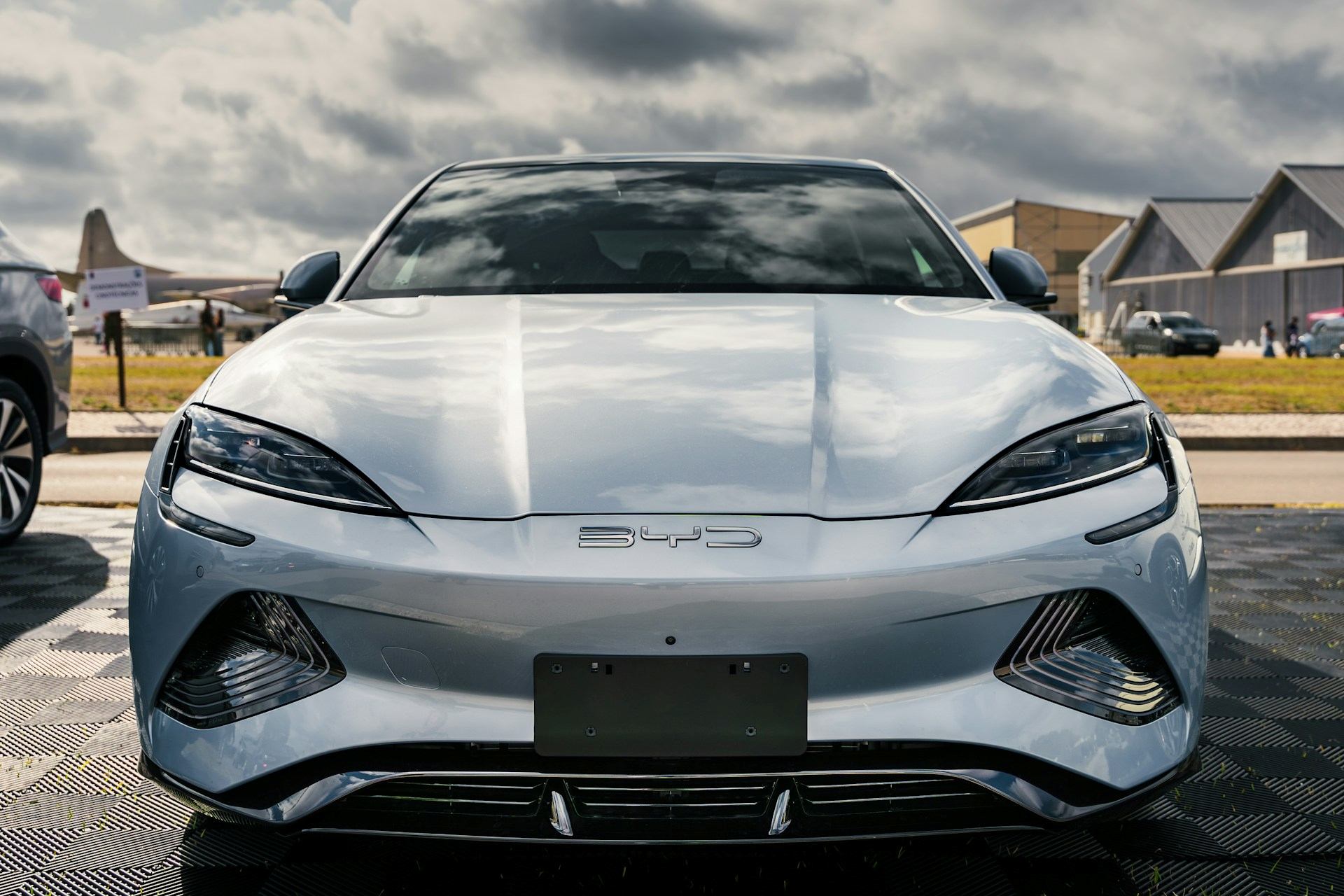In a development that could reshape the global self-driving landscape, China’s leading electric-vehicle and tech companies are swiftly closing in on, and in some cases surpassing, Tesla’s much-vaunted autonomy efforts. Forbes-esque innovation meets governmental support as BYD, Xpeng, Leapmotor and Huawei unveil sophisticated driver-assistance systems that rival Tesla’s Full Self-Driving (FSD) suite but at a fraction of the cost. For example, BYD includes its “God’s Eye” system as standard in EVs around $30,000, while Tesla charges approximately 64,000 yuan (~$9,000) for an equivalent package.
This seismic shift stems from China’s deep cost advantages. Teardown analysis from A2MAC1 shows that BYD’s mid-tier sensor suite, incorporating lidar, radar, and cameras, costs roughly $2,105, compared with Tesla’s camera-only system, which comes to around $2,360. These savings arise from China’s vast economies of scale and willingness among suppliers to accept lower margins, further bolstering the competitive edge of its homegrown automakers.
Beyond pricing, Chinese firms benefit from extensive on-road data collection. BYD’s market-leading sales volume – 4.2 million vehicles sold last year – dwarfs Tesla’s China deliveries, delivering invaluable AI training miles. Moreover, Beijing’s data sovereignty requirements restrict Tesla from exporting China-collected vehicle data, hampering its FSD’s AI evolution.
Tech titan Huawei has emerged as another pivotal force, teaming with automakers like Chery, SAIC and Changan. Journalists report that its ADS 3.0-equipped Seres Aito M9 SUV navigated complex traffic in Shenzhen, including highway exits, urban clutter, and parallel parking, with the driver able to remove hands from the wheel.
China’s combined forces – scale, cost efficiency, regulatory advantage and robust innovation – are positioning its autonomous-driving champions as formidable challengers in the race that once seemed indisputably Tesla’s to lose. The contest for autonomy leadership is now unmistakably global, and China may be pulling ahead.


